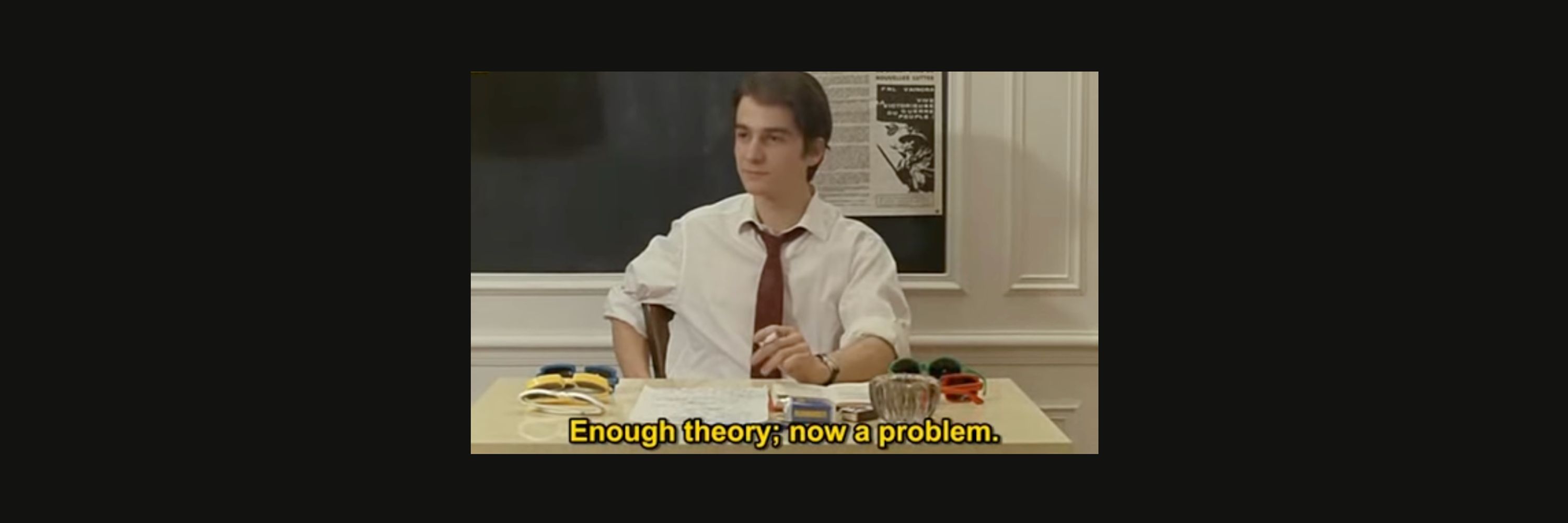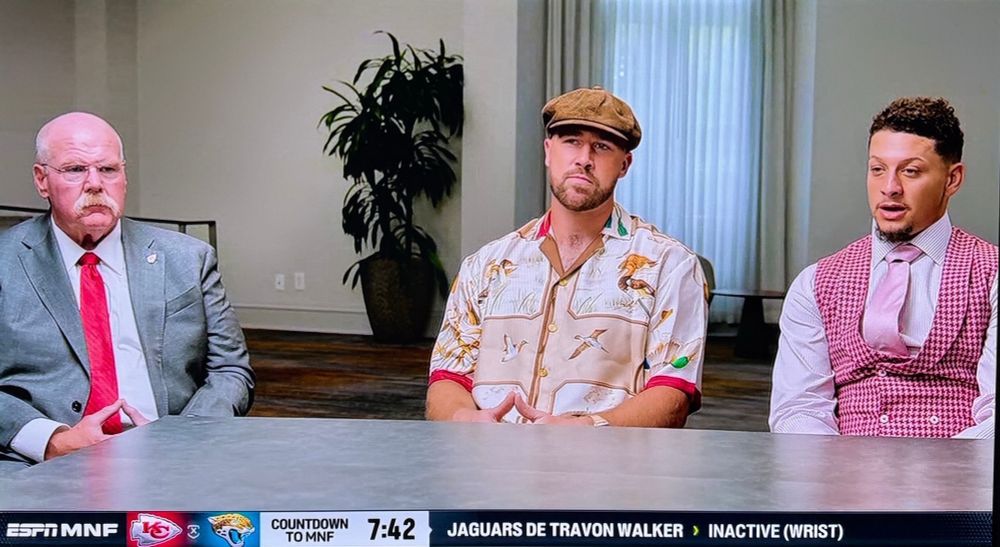turgut keskintürk
@tkeskinturk.bsky.social
1.3K followers
240 following
59 posts
sociology phd candidate @duke | https://tkeskinturk.github.io/
Posts
Media
Videos
Starter Packs
Pinned
Reposted by turgut keskintürk
Reposted by turgut keskintürk
Reposted by turgut keskintürk
Reposted by turgut keskintürk
Reposted by turgut keskintürk
Reposted by turgut keskintürk
Reposted by turgut keskintürk
Reposted by turgut keskintürk



















